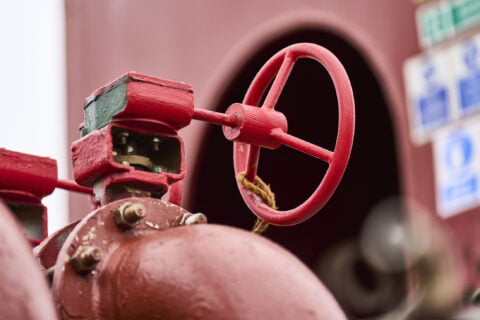Uni-Tankers has the access and knowledge to take advantage of the measurable decarbonization benefits of biofuels
Following a successful biofuel trial in 2023, Uni-Tankers can now offer customers the option of powering their cargo’s voyage with biofuels that emit less greenhouse gases (GHG) on a life-cycle basis compared to traditional fossil fuels.
The test on M/T Alsia Swan showed that using a 30% biofuel blend (B30) resulted in up to 30% less CO2 emissions compared to a standard fossil fuel-based LSMGO (Low Sulphur Marine Gas Oil).
Known in the industry as a ‘drop-in’ fuel, biofuels can be mixed with similar versions of fossil fuels for use in existing engines. This means they are an ideal transitional fuel for short-term gains and, combined with energy efficiency measures, they will be vital for keeping vessels compliant with International Maritime Organization (IMO) and European Union (EU) decarbonization regulations.



